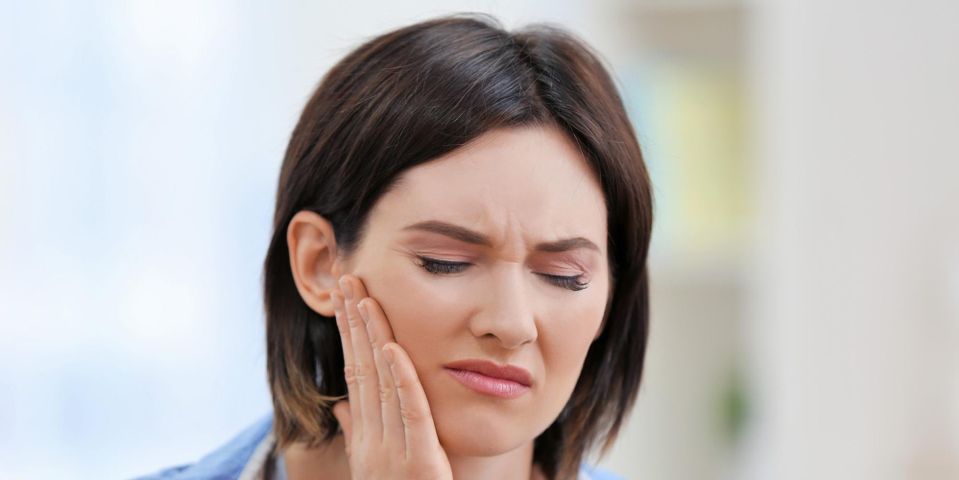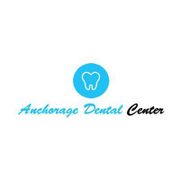
Everyone jokes about being told by their dentist that they should floss more or brush their teeth better, but there are serious problems that can arise from ignoring their advice. For example, you could develop receding gums. If you suspect that you may have receding gums, ask yourself these questions, check your mouth for symptoms, and if necessary, make an appointment at a dental clinic.
5 FAQ About Receding Gums
1. What are the symptoms of receding gums?
Your teeth will appear abnormally long, and you’ll see wider spaces between them. Due to loss of gum structure to hold them steady, they’ll start feeling loose. Eventually, the roots of your teeth may become exposed as well, which makes them highly sensitive to contact and extreme temperatures.
2. What causes receding gums?
 Brushing too aggressively with hard bristles can encourage the gums to recede. However, if you don’t brush, floss, or rinse with mouthwash at all, or if you use tobacco, plaque and tartar may accumulate and cause gum recession. Diabetes and changes in a woman’s estrogen levels during puberty, pregnancy, and menopause may contribute as well. The pressure on your teeth caused by grinding or a misaligned jaw can affect your gums, too.
Brushing too aggressively with hard bristles can encourage the gums to recede. However, if you don’t brush, floss, or rinse with mouthwash at all, or if you use tobacco, plaque and tartar may accumulate and cause gum recession. Diabetes and changes in a woman’s estrogen levels during puberty, pregnancy, and menopause may contribute as well. The pressure on your teeth caused by grinding or a misaligned jaw can affect your gums, too.
3. How are receding gums treated?
If the recession is still in its early stages, a dentist can perform deep teeth cleaning to remove the plaque and tartar that are damaging the gums. They’ll also discourage bacteria from latching onto exposed roots by planing their rough surfaces, then prescribe you with antibiotic mouthwash to kill the remaining bacteria. More advanced cases of gum recession may have to be treated with surgery.
4. What happens if receding gums are untreated?
If you don’t seek treatment from a dentist, receding gums may facilitate the development of periodontitis, causing bone loss in your teeth and jaw. Not only is this uncomfortable or even painful, but it can lead to your teeth falling out. The resulting jaw misalignment can give rise to a host of other health problems, including difficulty sleeping, eating, digesting, and speaking. If you suspect that your gums are receding, see a dentist right away.
5. How can receding gums be prevented?
The best way to prevent receding gums is by establishing a regular and thorough teeth cleaning routine at home. Brush with gentle pressure, floss, and rinse with mouthwash. Eat a healthy diet, as well. If you smoke or chew tobacco, work on quitting.
If you need to visit a dentist about receding gums, go to Anchorage Dental Center in Alaska. Not only will they provide quality gum treatment and teeth cleaning, but they’ll also assess your other dental needs. Whether you need only require a checkup or something more serious, like dental implants or root canal surgery, they can help. For a full scope of their services, call (907) 278-2521 or visit their website.
About the Business
Have a question? Ask the experts!
Send your question

